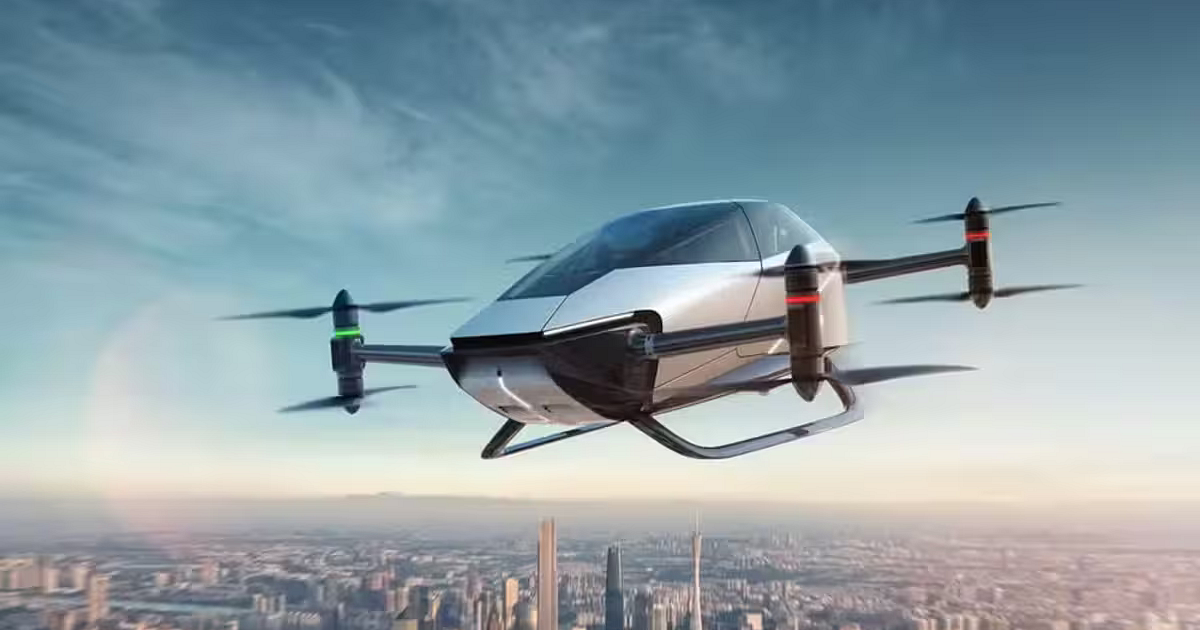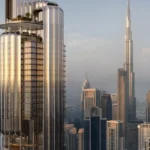Now Reading: “How Dubai Is Building the World’s Smartest, Most Futuristic City”
-
01
“How Dubai Is Building the World’s Smartest, Most Futuristic City”
“How Dubai Is Building the World’s Smartest, Most Futuristic City”
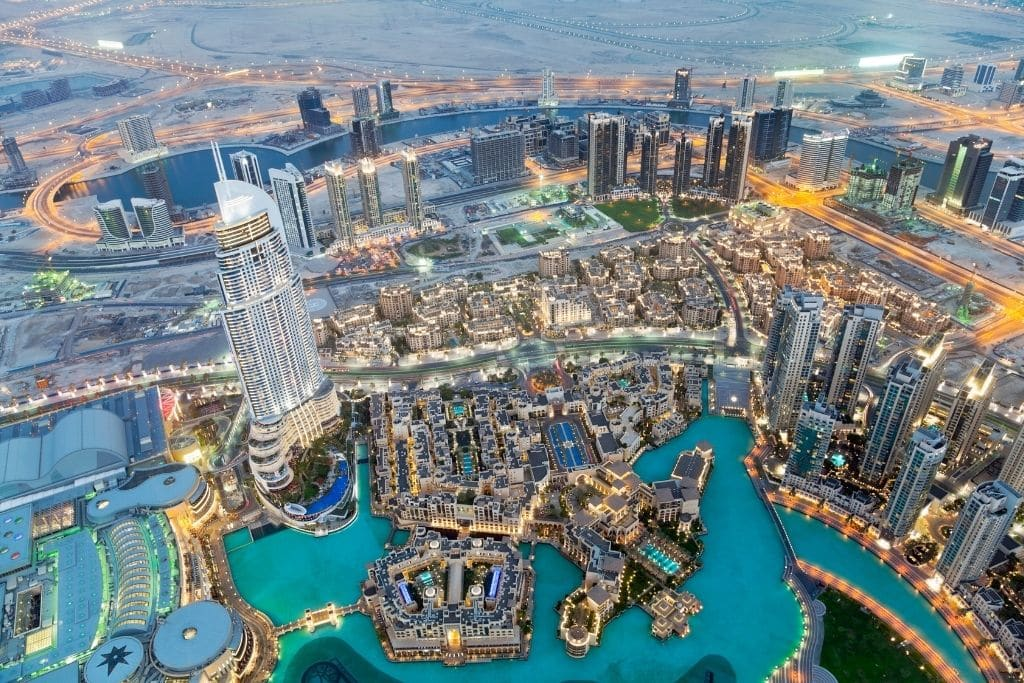
Table of Contents
Dubai has always dreamed big. From the tallest skyscraper on Earth—the Burj Khalifa—to the man-made Palm Islands seen from space, the city has made the impossible possible. But Dubai’s next and perhaps greatest ambition is to become the smartest city in the world.
Under its Smart Dubai 2025 roadmap, the city aims to blend technology, data, and artificial intelligence (AI) into every part of urban life—from transportation and health to shopping and government services. But as 2025 approaches, what’s really next for this fast-changing city? And can Dubai keep its promise to become a global leader in smart living?
What Is Dubai’s Smart City Vision?
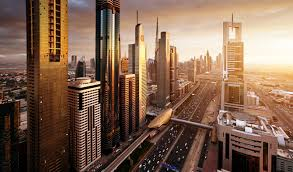
Dubai’s Smart City vision started in 2014 with the launch of the Smart Dubai initiative. Backed by the government and inspired by the leadership of His Highness Sheikh Mohammed bin Rashid Al Maktoum, the plan is simple but bold: use technology to improve life for all residents and visitors while boosting the economy.
The main goals are:
- 100% digital government services
- A fully paperless government by 2025
- Smart mobility solutions like self-driving cars and flying taxis
- A strong AI-powered healthcare system
- Energy-efficient, green buildings and infrastructure
In short, Dubai wants to turn itself into a fully connected city where technology runs silently in the background, making life smooth, safe, and sustainable.
What Has Dubai Already Achieved?
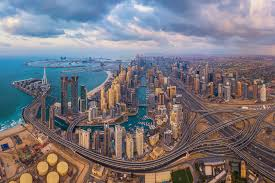
Dubai is not just talking. It has already made impressive progress in its smart city journey:
1. Digital Government Services
Through the DubaiNow app, residents can access over 120 government and private sector services, from paying utility bills to applying for visas. The goal is to eliminate all paper transactions by 2025—a global first.
2. Smart Transportation
Dubai introduced driverless metro trains and plans to launch robotaxis and flying drone taxis by 2030. Electric and hydrogen-powered public transport vehicles are also being tested.
3. AI and Blockchain
Dubai aims to become the world’s first city powered by blockchain. Blockchain technology is being used for secure transactions in real estate, trade, and even education records.
4. Smart Energy
The Dubai Clean Energy Strategy 2050 is pushing solar energy to cover 75% of the city’s total energy output by 2050. Smart grids and smart meters help reduce energy wastage.
5. Healthcare Innovation
AI-driven healthcare tools predict disease outbreaks, monitor public health trends, and offer virtual doctor consultations.
What’s Next on the Roadmap?
As part of its next phase, Dubai is focusing on these key areas:
1. Autonomous Vehicles Everywhere
Dubai wants 25% of all transportation to be autonomous by 2030. Expect to see more driverless taxis, buses, and even delivery drones in the coming years.
2. AI-Driven City Management
Using AI, Dubai plans to predict and prevent problems before they occur—like traffic jams, water shortages, or even crime. The “AI City Brain” platform is already being tested.
3. A City Run on Data
Dubai is collecting data on everything from air quality to public transport usage. This data will be used to make decisions that improve life for everyone in real time.
4. Urban Air Mobility
Flying taxis by companies like Volocopter are expected to launch commercially by 2026, offering ultra-fast travel across the city.
5. Smart Buildings and Infrastructure
New skyscrapers and homes will feature IoT (Internet of Things) devices to monitor energy use, water consumption, and safety.
Challenges on the Road Ahead
While Dubai’s smart city dreams are grand, the path is not easy.
- Privacy and Data Security: With so much personal and public data collected, ensuring cybersecurity and data protection is critical.
- Cost of Technology: Cutting-edge technology comes at a price. Managing costs while making smart services affordable for all residents is a challenge.
- Public Adoption: For smart services to work, people need to trust and use them. Educating the public and earning their confidence is essential.
Why the World Is Watching Dubai
Global cities like Singapore, Barcelona, and Seoul are also racing to become smart cities. But Dubai’s scale and speed of innovation set it apart.
Experts believe that if Dubai succeeds, its smart city model could become a blueprint for other cities around the world—especially in energy-rich, fast-developing regions.
“Dubai is not only investing in technology—it’s investing in a new way of life,” says Dr. Ayesha Al Abdooli, a UAE government smart city advisor. “If it works here, it can work anywhere.”
Final Thoughts: Is Dubai’s Future Really That Smart?
As Dubai moves closer to 2025, its Smart City Roadmap shows no signs of slowing down. From driverless taxis to AI-powered government services, the city is racing into the future.
But with big dreams come big risks. Only time will tell if Dubai can balance ambition with reality—and truly become the smartest city on Earth.
For now, the world watches with curiosity and wonder.
Read More:- Shobha Realty Launches Its Most Luxurious Project Yet—Full Details Inside 2025




